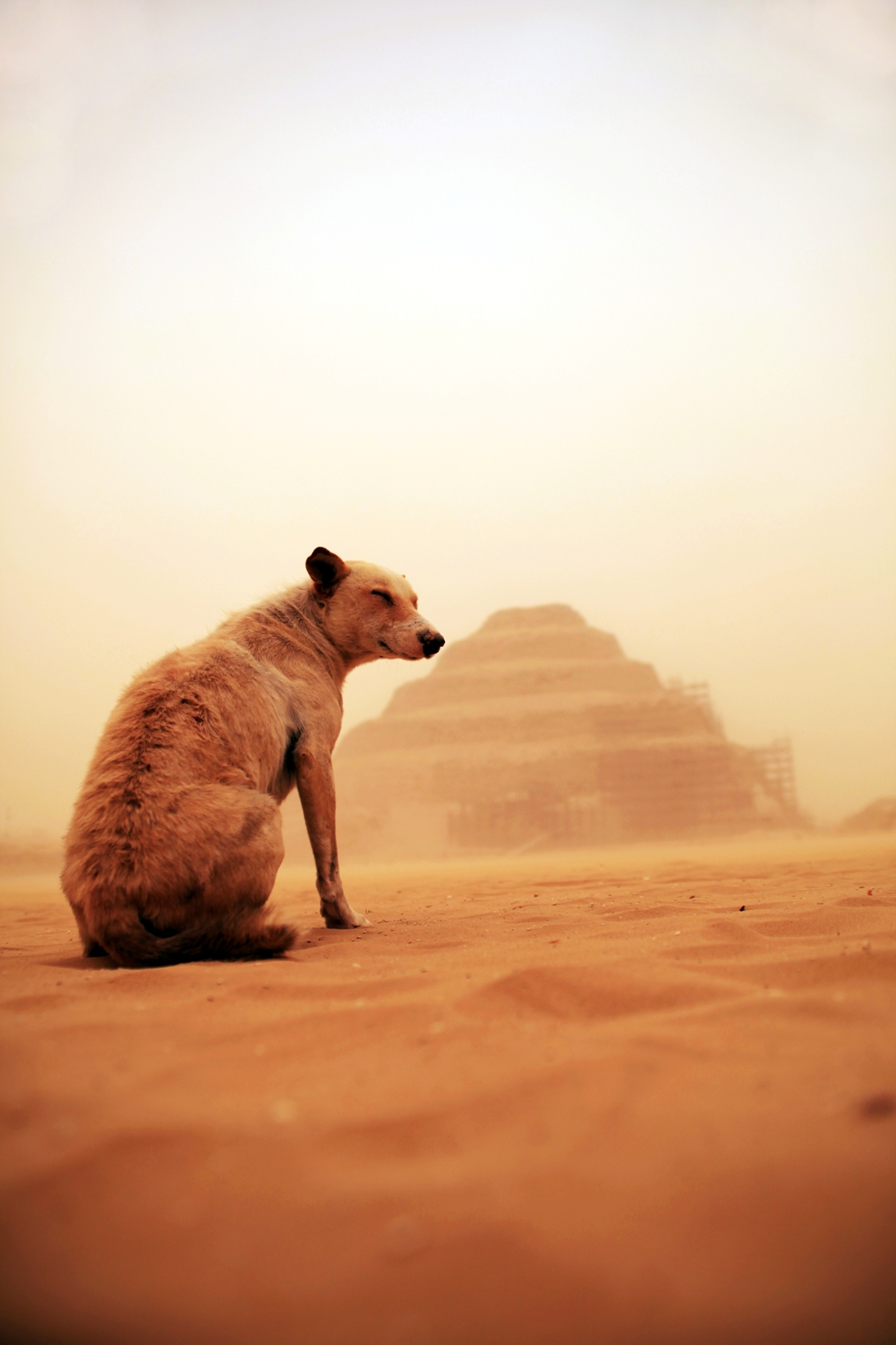Meet the small team making a big difference to the animals in Egypt.
The ancient Egyptians loved their fur babies too; four-legged members of the household, treated and cared for as any other member of the family. Representations were made of them on tomb walls so they could share eternity with their owners.
Tomb walls are also covered with images of working livestock such as donkeys and cattle, crucial as they were in agriculture and transport, as well as valued symbols of prosperity.
As important as they were, we'd like to think that the ancient Egyptians always treated their animals well. As early as the Old Kingdom Pyramid Texts, the departed kings stressed their righteousness by not having mistreated animals. However it is clear that a minority didn't share the same concern for their animals. And today's Egypt is no different.
This is why Animal Care in Egypt was born.
Back in the 1990s, Kim Taylor and her Aunt, Julie Wartenberg, were visiting Luxor from the UK. As well as seeing all of the magnificent historical sites, they were saddened to see some of the working horses and donkeys were in very poor condition due to the owners’ lack of education about animal husbandry. Many people would have gone home and forgotten about what they had seen – but Julie and Kim decided to do something.
Their vision was to create a place to deliver free veterinary care for the working horses, donkeys, and other animals of Luxor, as well as provide free animal care education for the owners and children.
Animal Care in Egypt (ACE) was registered as a charity both in the UK and in Egypt. Last year they helped over 29,000 animals.
Their veterinary hospital in Luxor also includes a classroom. Up to 800 children come through each month to learn how to best care for animals.
Just as in ancient Egypt, many people in and around Luxor depend on their working animals for their livelihood. Thanks to ACE, and the kind support they receive, the combination of education, prevention and treatment is making a big difference to the locals, and their animals, big and small.
Fundraising in the UK continues to be vital in keeping the ACE team working for the animals in Luxor. If you would like to learn more about ACE or make a donation, please visit their website on www.ace-egypt.org.uk. Or follow them on Facebook: www.facebook.com/aceegyptfan.
This photo shows a stray dog bracing itself for another one of Saqqara's desert storms that have been blasting the Step Pyramid for 47 centuries. No doubt this furry friend could do with some TLC as well.
Photo: SJ Liew.
